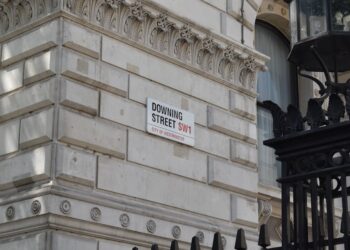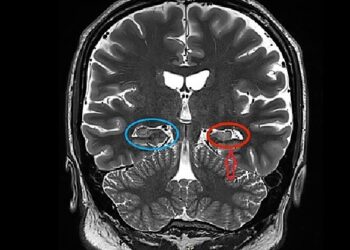Who was the first Roman Emperor?

Julius Caesar
Augustus
Nero
Constantine
The “Berlin Wall” fell in which year?

1985
1989
1991
1979
Which ancient civilization invented the concept of “zero”?

Egyptians
Greeks
Mesopotamians
Indians
The “Battle of Hastings” (1066) was fought between which two groups?

Vikings vs. Franks
Normans vs. Anglo-Saxons
Romans vs. Celts
Mongols vs. Chinese
Who was the first woman to win a Nobel Prize?

Florence Nightingale
Marie Curie
Rosalind Franklin
Jane Addams
The “Code of Hammurabi” originated in which ancient civilization?

Sumer
Babylon
Assyria
Persia
Which explorer circumnavigated the globe first?

Christopher Columbus
Ferdinand Magellan
Vasco da Gama
James Cook
The “Treaty of Tordesillas” (1494) divided the New World between which two nations?

England and France
Spain and Portugal
Netherlands and Italy
Russia and Sweden
Who founded the Mongol Empire?

Kublai Khan
Genghis Khan
Attila the Hun
Tamerlane
The “Enlightenment” was centered in which European city?

Rome
Paris
Vienna
London
Which war was fought between the North and South regions of the U.S.?

War of 1812
Civil War
Mexican-American War
Revolutionary War
The “Rosetta Stone” was key to deciphering which ancient language?

Latin
Cuneiform
Hieroglyphics
Sanskrit
Who led the “Salt March” protest against British rule in India?

Jawaharlal Nehru
Subhas Chandra Bose
Bhagat Singh
Mahatma Gandhi
The “Bubonic Plague” entered Europe via which trade route?

Silk Road
Trans-Saharan
Amber Road
Incense Route
Which African kingdom was known for its gold and university in Timbuktu?

Mali
Songhai
Benin
Axum
The “Protestant Reformation” began when Martin Luther nailed his 95 Theses to a church door in which year?

1492
1517
1521
1543
Who was the last Tsar of Russia?

Peter the Great
Alexander II
Nicholas II
Ivan the Terrible
The “Spanish Inquisition” targeted which group for persecution?

Muslims and Jews
Protestants
Catholics
Pagans
Which ancient city was destroyed by Mount Vesuvius in 79 CE?

Athens
Pompeii
Carthage
Troy
The “Opium Wars” were fought between China and which European power?

France
Britain
Portugal
Netherlands
Quiz Beginner
Keep learning! You’re making progress!
Quiz Explorer
Good knowledge! Keep exploring!
Quiz Master
Outstanding! You’re a true expert!






